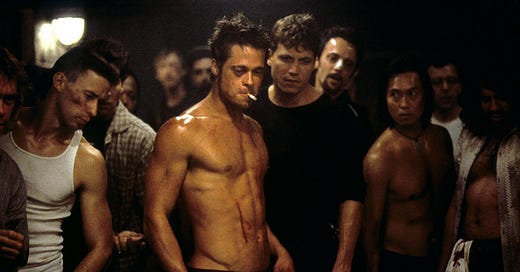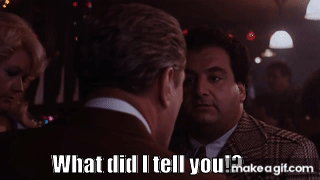René Girard and the Port Strike Revelation
"No one can study the human capacity for conflict realistically unless he first recognizes that he is a part of the problem." - René Girard
Do you remember when a few weeks ago the port workers went on strike? Perhaps the event has already been swallowed by the election news cycle. But I remember. I remember that moment’s kernel of revelation.
I’m not talking about the uncomfortable truth that America’s ports are awfully inefficient, particularly compared to Chinese ones. I’m talking about the glimpse behind the curtain of our culture. For a few days, it felt like we were revealed to be characters in René Girard’s Theater of Envy.
It all started because union boss Harold Daggett apparently never read Peter Thiel’s Zero to One.
Daggett lives in a very nice house and the members of his union get paid very well. In fact, many get paid not to work thanks to a previous effort to block innovation in the form of shipping containers. But nobody cared until Daggett violated the first rule of rent-seeking: you do not talk about the racket.
“All happy companies are different: each one earns a monopoly by solving a unique problem. All failed companies are the same: they failed to escape competition.” — Zero to One.
“Every great business,” Thiel wrote, “is built around a secret.” That secret is a way of avoiding competition and it is in the company’s best interest to carefully conceal it from competitors and regulators. Daggett did the opposite. “I’ll cripple ya,” he told the nation. “And you have no idea what that means.”
It was like that scene in Goodfellas when after the Lufthansa heist, gangsters buy fur coats and Cadillacs. Jimmy Conway loses his mind when he realizes that his crew will attract attention. Soon after, people show up in body bags.
Competition makes capitalism effective, yet successful capitalists avoid it. Investors are quite comfortable with this paradox. They recognize that finding moats is a profitable riddle (see for example a new paper by Michael Mauboussin). In other words, if Google lacks competition, add it to your portfolio. But if a union uses its power to extract a payoff, it sparks conflict (I read Daggett was shocked by the blowback and even received death threats).
I think there is more to it than the fact that they are on opposite sides of innovation. I think it is an issue of distance — what René Girard, leaning on Shakespeare, called a ‘Crisis of Degree’.





